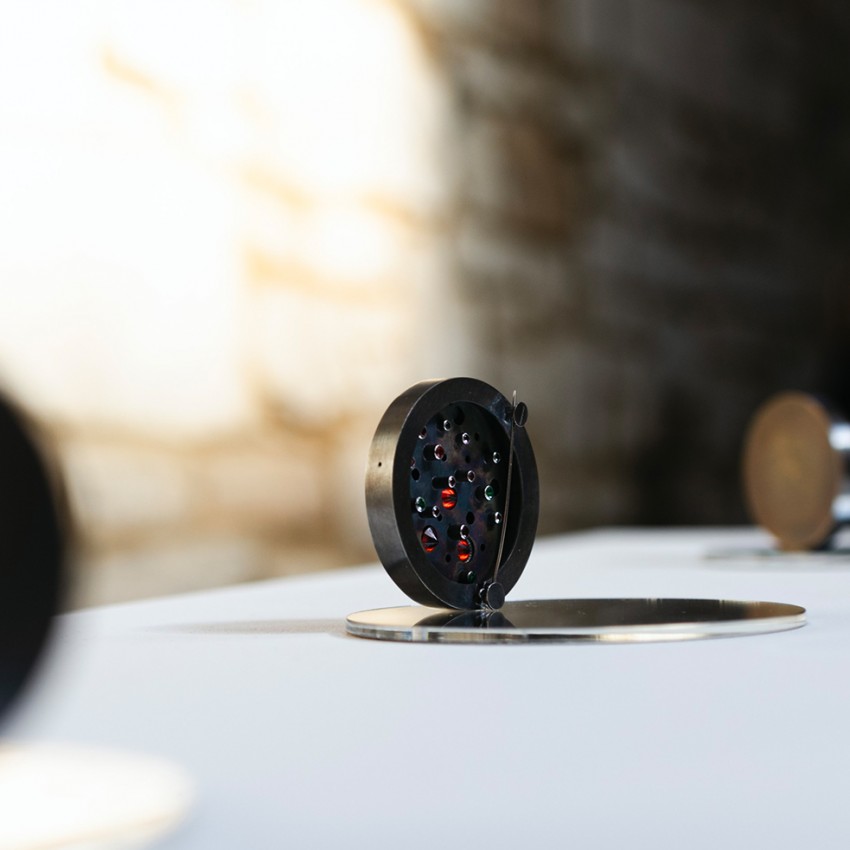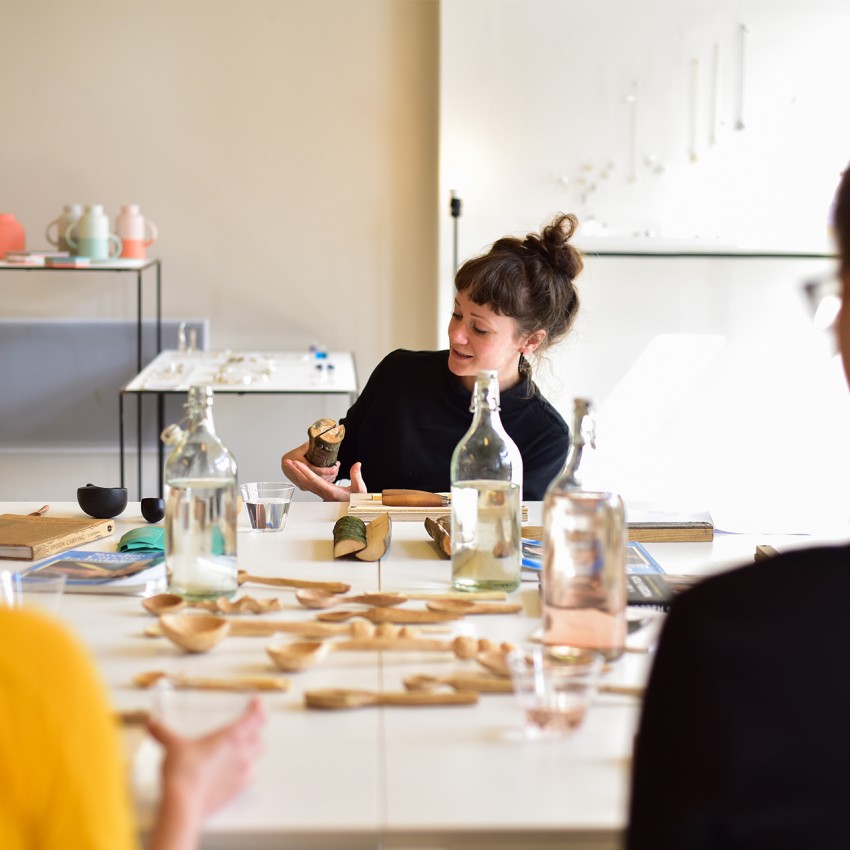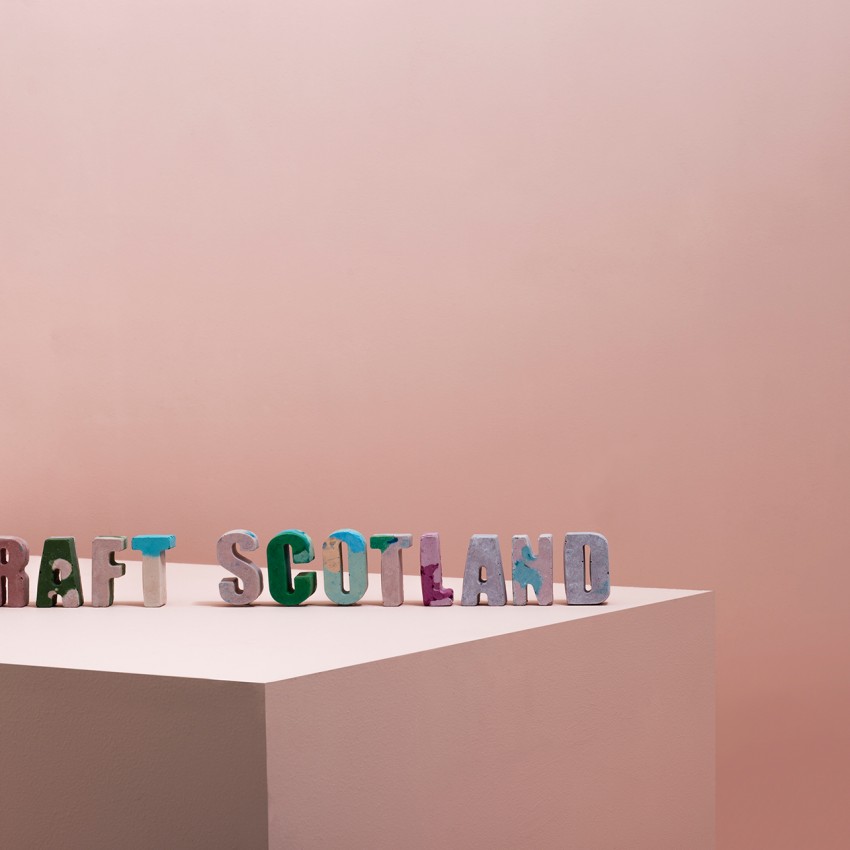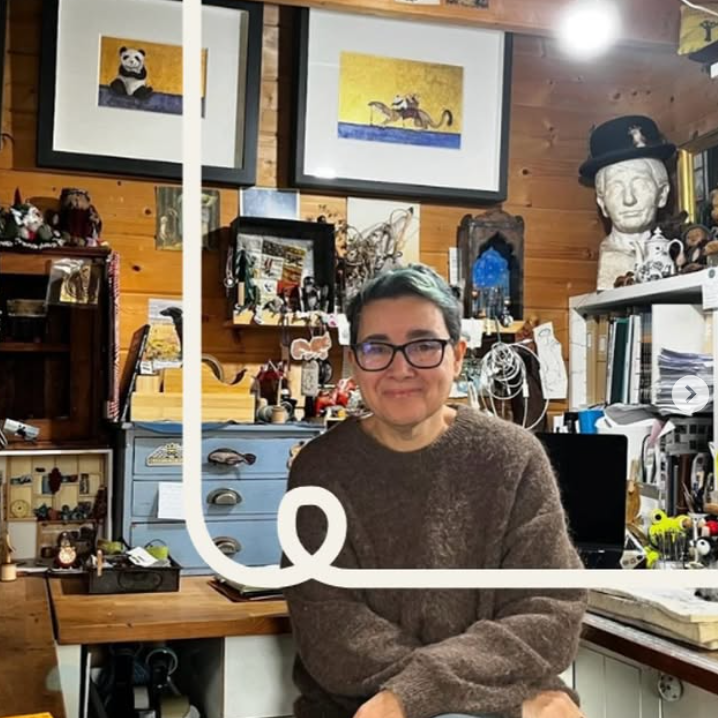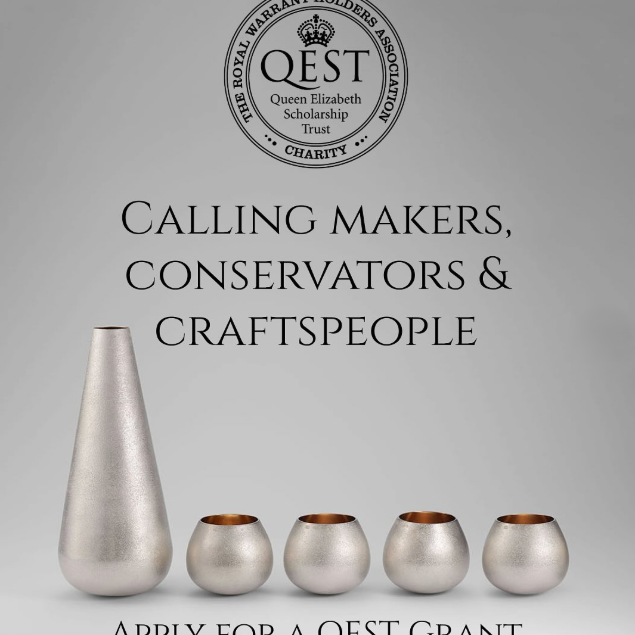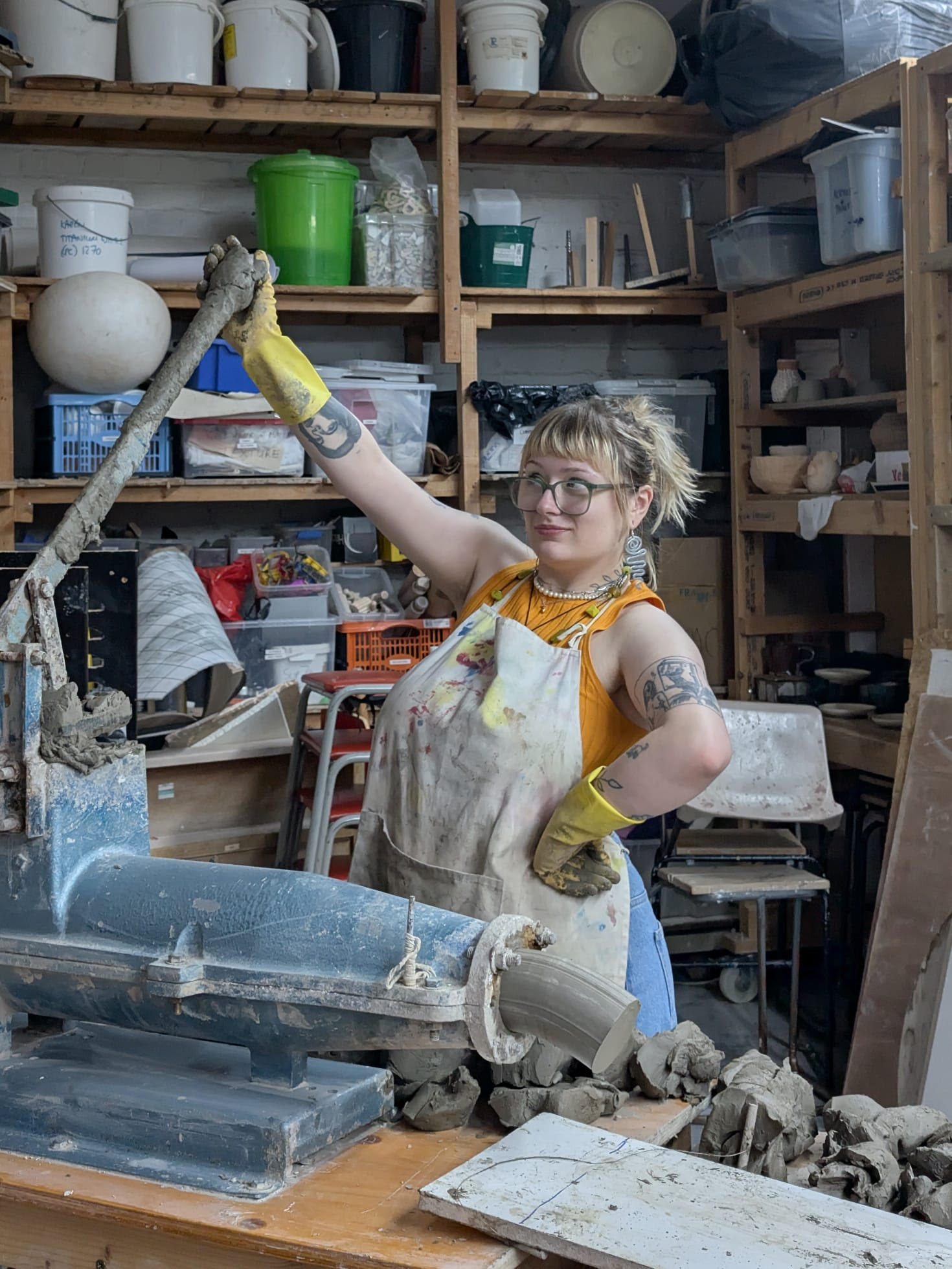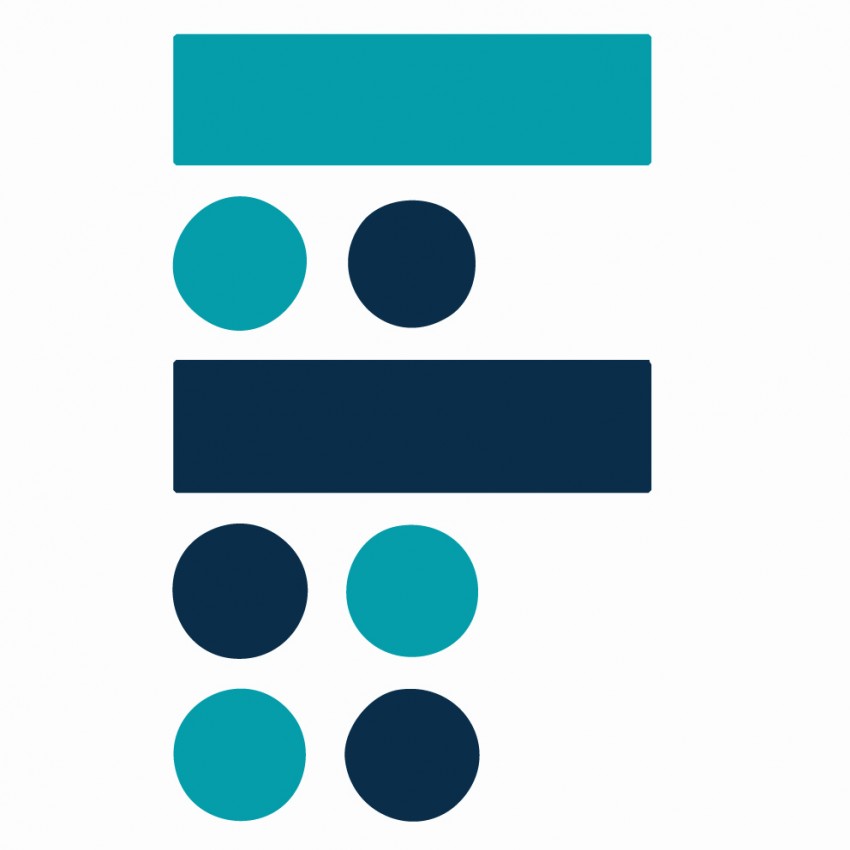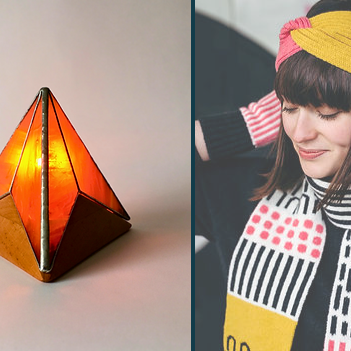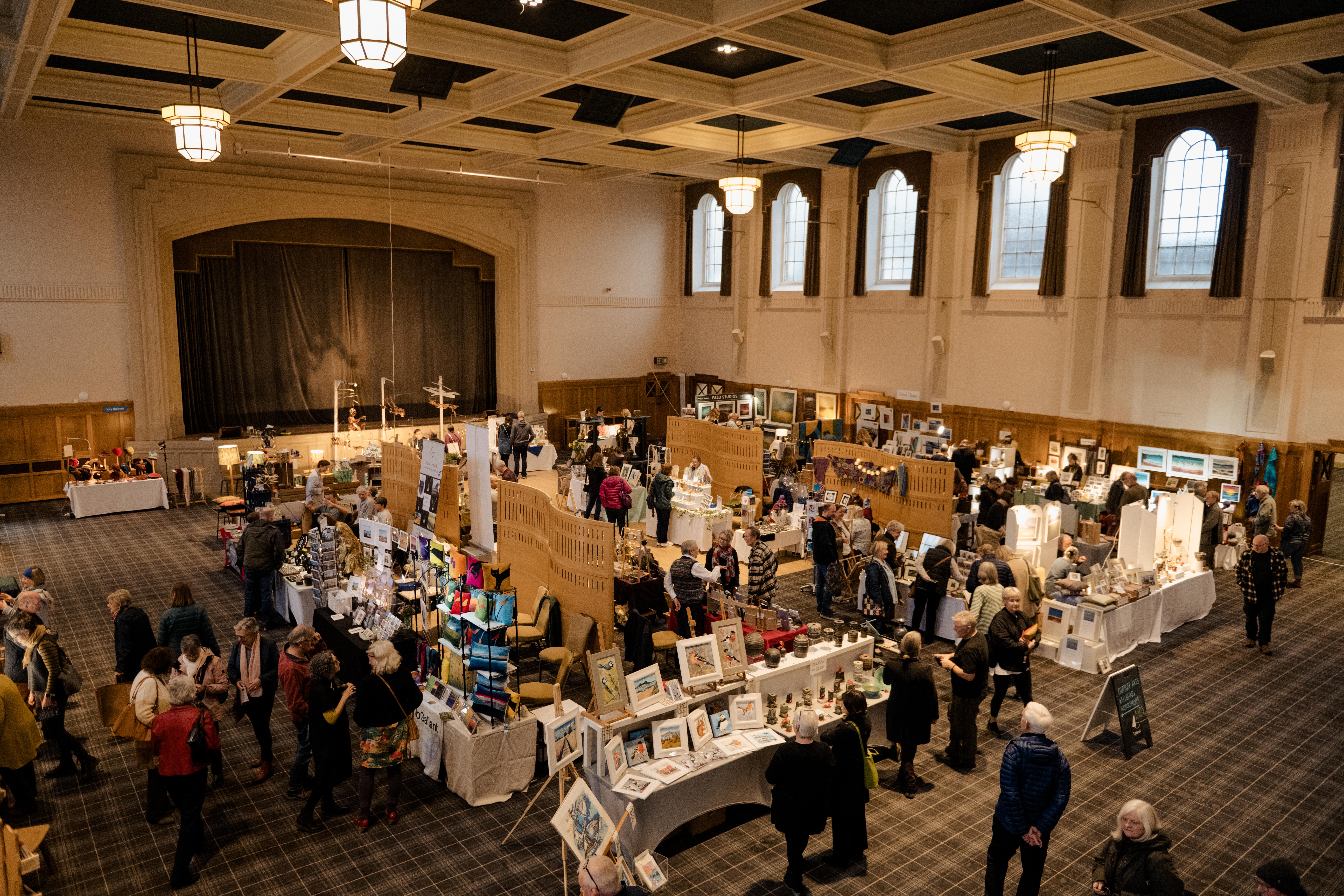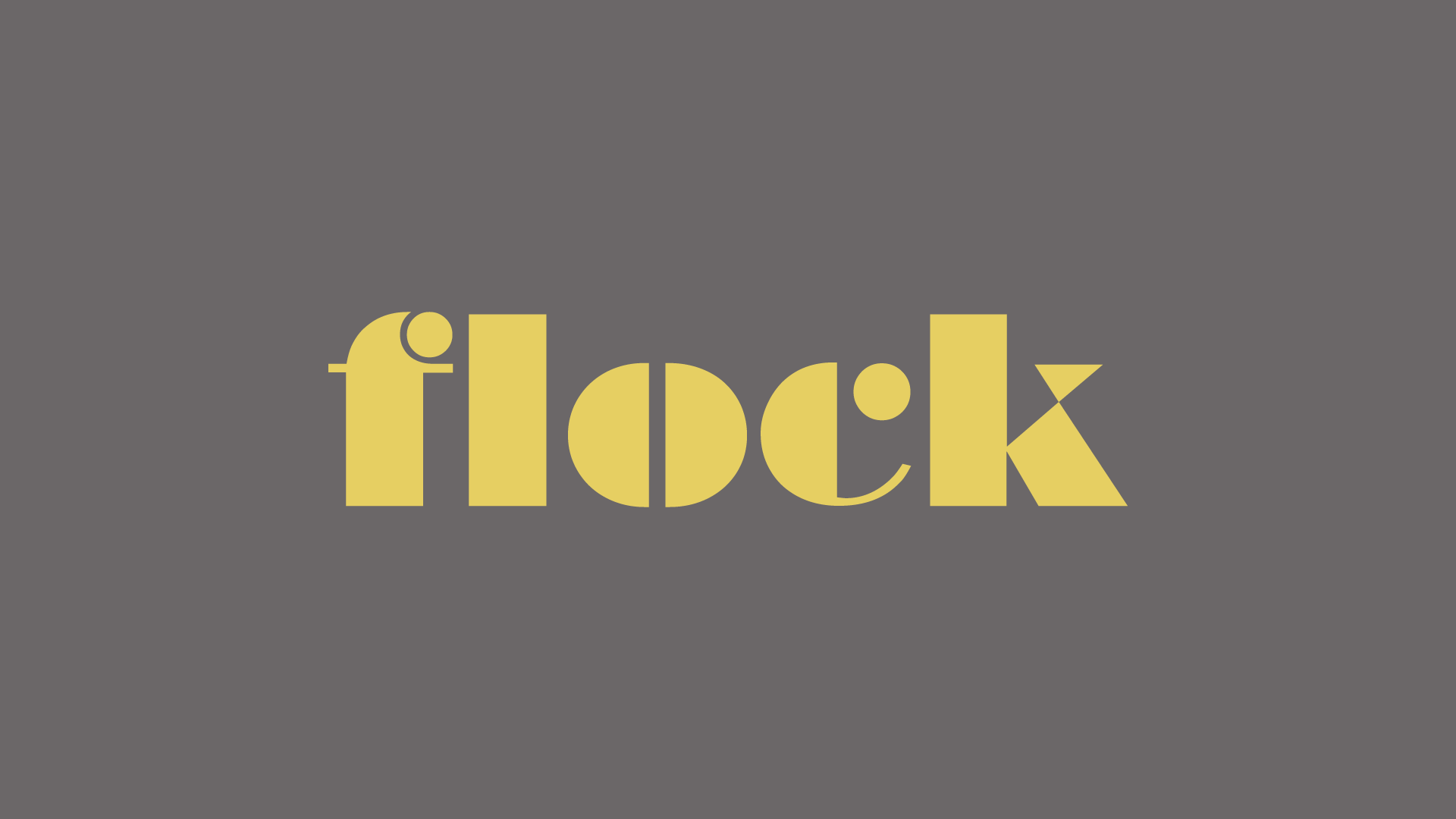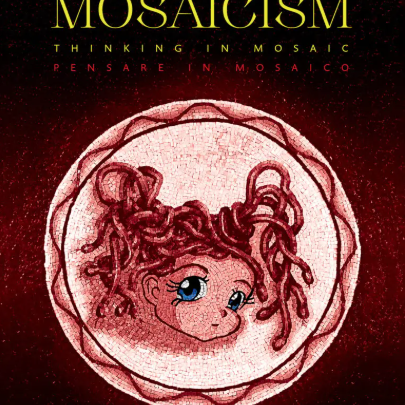-
Full details→
![Jorum Craft Award: Round 11]()
Awards & Competitions Jorum Craft Award: Round 11
The Jorum Craft Award is a materials-focused grant supported by Jorum Studio, in association with Craft Scotland.
Closing date: 4 Aug 2025
-
Full details→
![Lead Workshops at HARVEST: Contemporary Craft Fair]()
Residencies & Jobs Lead Workshops at HARVEST: Contemporary Craft Fair
Applications are open for craft workshop leaders to participate in HARVEST: Contemporary Craft Fair.
Closing date: 8 Aug 2025
-
Full details→
![Join our Team: Career Opportunities at Craft Scotland]()
Residencies & Jobs Join our Team: Career Opportunities at Craft Scotland
Craft Scotland is looking for three people to join our dynamic team and fulfil exciting roles supporting and promoting Scottish contemporary craft.
Closing date: 22 Aug 2025
-
Full details→
![Connecting Makers: Connect with Your Customer]()
Professional Development Connecting Makers: Connect with Your Customer
Join Karin Celestine of Celestine and the Hare and learn how to cultivate a devoted customer base through newsletters, social media, and Substack.
Closing date: 22 Jul 2025
-
Full details→
![Johnstone Textile Space: Marker Market]()
Exhibit & Sell Johnstone Textile Space: Marker Market
Calling all makers in Renfrewshire and beyond. the Johnstone Textile Space Gallery is excited to announce their first ever Makers Market this July.
Closing date: 21 Jul 2025
-
Full details→
![QEST Grants - Applications are Now Open]()
QEST Grants - Applications are Now Open
Funding of up to £18,000 available for craftspeople
Closing date: 13 Aug 2025
-
Full details→
![Glasgow Ceramic Living Wage Graduate Internship]()
Professional Development Glasgow Ceramic Living Wage Graduate Internship
Glasgow Ceramic Studio is delighted to announce that applications are now open for its Graduate Internship Programme for 2025/26.
Closing date: 28 Jul 2025
-
Full details→
![Join the Board of Fife Contemporary]()
Volunteering Join the Board of Fife Contemporary
Fife Contemporary are seeking expressions of interest from individuals who can bring a range of professional and lived experience to its engaged and energetic Board.
Closing date: 30 Jul 2025
-
Full details→
![Applications Open for Tea Green Winter Events]()
Exhibit & Sell Applications Open for Tea Green Winter Events
Apply now for the next round of Tea Green Winter events
Closing date: 21 Jul 2025
-
Full details→
![Upland made]()
Exhibit & Sell Upland made
A curated selling fair offering high-quality original work at Easterbrook Hall in Dumfries 1st & 2nd November.
Closing date: 25 Jul 2025
-
Full details→
![flock 2025 - Applications Now Open]()
Exhibit & Sell flock 2025 - Applications Now Open
Calling all designer-makers! Applications are now open for flock 2025.
Closing date: 4 Aug 2025
-
Full details→
![Artist talk: Mosaicism – Thinking in Mosaic by Helen Bodycomb]()
Conferences & Maker Training Artist talk: Mosaicism – Thinking in Mosaic by Helen Bodycomb
Dr Helen Bodycomb will talk about why we like to lose ourselves during the act of making.
Closing date: 16 Jul 2025
Craft Community
Stay up-to-date with Maker Opportunities and Craft Scotland news through our newsletters. Subscribe
